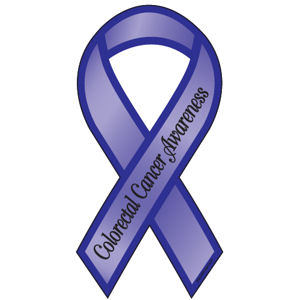 Widespread screening for colorectal cancer is helping to save lives, according to a new longitudinal study by researchers at Yale University published in the journal Cancer.
Widespread screening for colorectal cancer is helping to save lives, according to a new longitudinal study by researchers at Yale University published in the journal Cancer.
Over the past 30 years, the number of adults age 50 and over who underwent a colonoscopy nearly doubled from approximately 35 percent to more than 66 percent. During that time, cases of colorectal cancer in the U.S. dropped significantly.
The incidence of late-stage colorectal cancer decreased from 118 to 74 cases per 100,000 people. And the incidence of early-stage colorectal cancer decreased from 77 to 67 cases per 100,000 people. After pulling together all of the data together, researchers estimated that screening for colorectal cancer eliminated more than 500,000 cases in the U.S. over the past three decades.
Researchers collected their evidence from two databases run by the National Cancer Institute: the Surveillance, Epidemiology, and End Results database and the National Cancer Institute Cancer Trends Progress Report.
The results are important in understanding whether screening prevents cancers. Now that screening techniques have been in place for decades, it’s possible to measure whether there is a benefit to screening tests. (A similar study of mammograms found they are less effective at preventing breast cancer.)
The take-home message: Even though colonoscopies may not be pleasant, they’re important in helping to prevent colon cancer.



Speak Your Mind